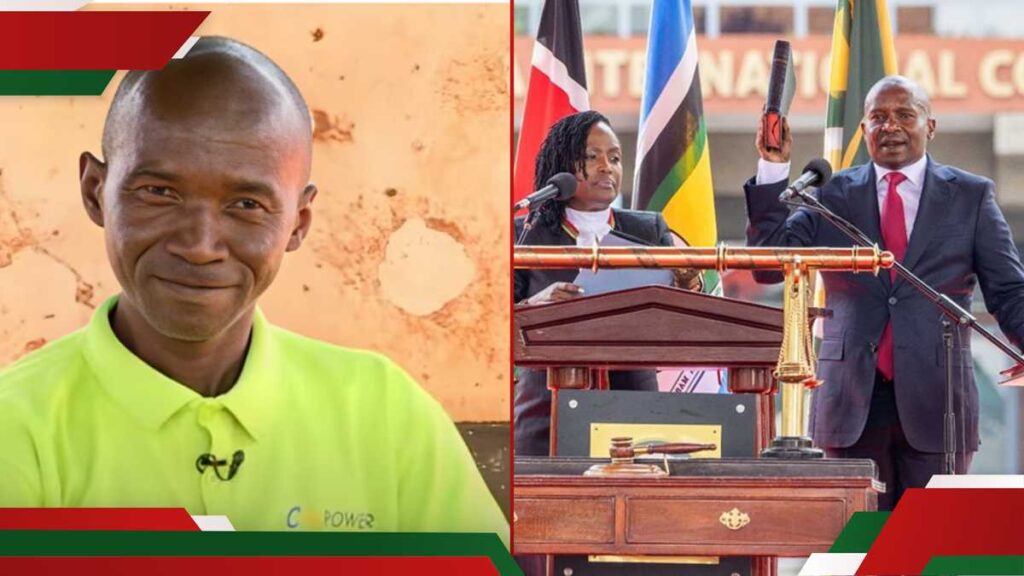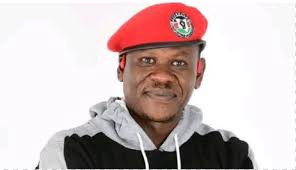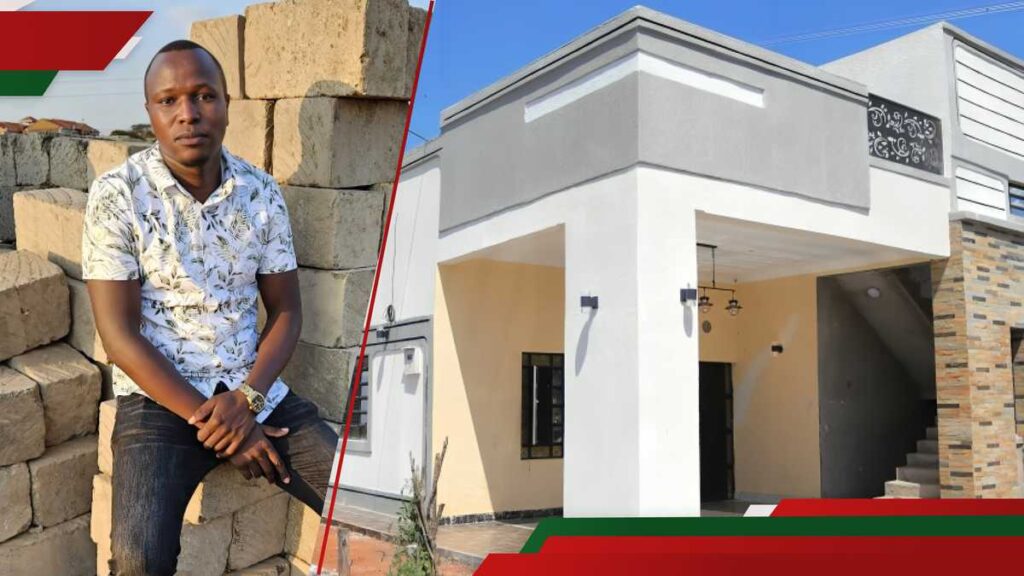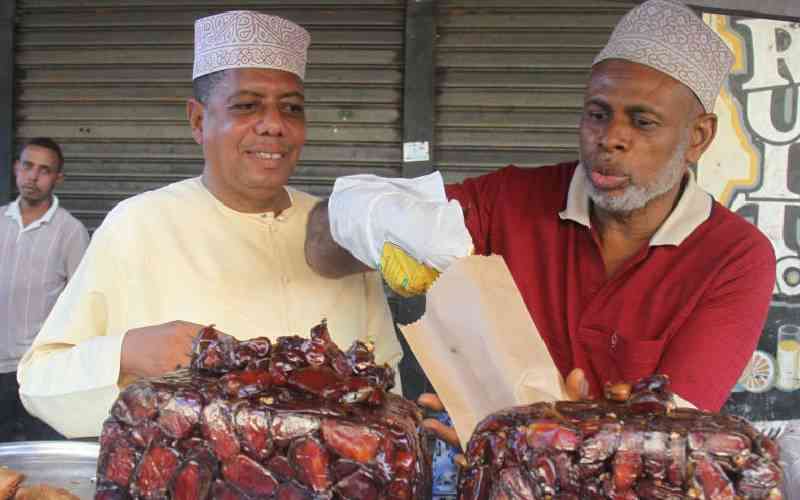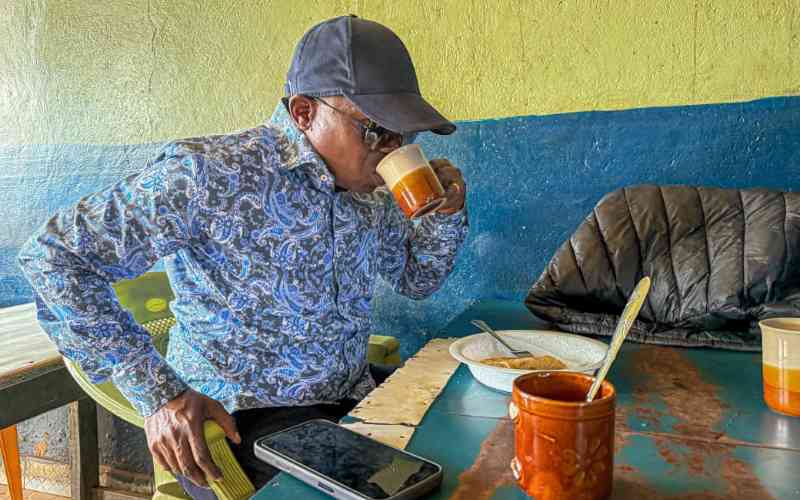At the height of last year’s anti-government protests, President William Ruto was compelled to make concessions.
Facing mounting pressure from a series of events triggered by his administration’s proposal for punitive tax measures, Ruto was left with no choice but to abandon the traditional presidential podium and meet his Gen Z critics online.
On X-spaces, he engaged directly with an agitated youth, whose ability to mobilise and stage protests against the Kenya Kwanza administration through the platform had taken the world by surprise.
There, Ruto was presented with a list of demands and criticism, which eventually led to the dissolution of his Cabinet and, later, some reforms in his government. For many, this moment highlighted the power of social media and the influence of those who wield it.
Since then, the political class has increasingly used social media platforms, including Facebook, X, TikTok, and even WhatsApp, to engage with the youth, who are expected to form the largest voting bloc in the 2027 elections.
The priority now is to court the support of a tech-savvy generation whose social media mobilisation skills could prove pivotal in determining the outcome of the next general election.
Political parties, including the United Democratic Alliance, Wiper Party, and the Orange Democratic Movement, have been actively engaging with the youth online in an effort to bring them into the fold.
Their efforts are driven by the fact that, according to the 2019 census from the Kenya National Bureau of Statistics, there will be 11 million new voters aged between 19 and 29, a segment that makes up a significant portion of the youth population. They are credited with being behind the June 2024 protests and comprise a substantial percentage of social media users.
But they are not the only ones leveraging social media.
Ruto’s estranged former deputy, Rigathi Gachagua, is leading a revolt against his former boss, using social media as his weapon of choice. After enduring physical attacks and the realisation that public spaces are vulnerable to disruption—such as during a burial in Ngarariga, Limuru—Gachagua has turned to social media.
On Thursday, the former DP directly engaged with Kenyans via TikTok live, where he launched a scathing attack on Ruto.
“Even if he were able to revive Dedan Kimathi, Mwai Kibaki, and Jomo Kenyatta and appoint them to his Cabinet, nothing will change in the Mt Kenya region. Even if he were to revive Gikuyu and Mumbi and the nine daughters and appoint them to his government, nothing would change. The mountain is gone and gone forever,” said Gachagua, vowing to lock Ruto out of Mt Kenya from now on.
His choice of TikTok as a platform to reach the predominantly Gen Z audience is clearly informed by its vast reach.
As of July 2024, TikTok had more than 10.6 million registered users in Kenya aged 18 and above, representing 46.7 per cent of the country’s internet users. A 2023 Reuters Institute report further states that Kenya has the highest TikTok usage rate globally, with 54 per cent of Kenyans using the app for various purposes.
Stay informed. Subscribe to our newsletter
Yesterday, Gachagua teamed up with an unlikely ally, former political rival and Narc Kenya Party leader Martha Karua, to intensify his attacks on President Ruto. This time, they relied on Facebook to reach the masses.
One term
Following their reconciliation, the two announced the formation of a new coalition aimed at ensuring Ruto served only one term as president.
“A journey to liberate Kenya has begun; we shall join hands with other Kenyans to protect our country. We need every one of goodwill to come together and push back because the rogue Ruto regime is determined to oppress Kenyans. His regime is merciless, much like the colonial government. They want to raid a pay cheque already battered, extracting without providing commensurate services,” Karua said.
Gachagua, in turn, rallied Gen Z to register as voters, emphasising that while he supported their social media protests against the Kenya Kwanza administration, their efforts would only be meaningful if they participated in the elections.
“Gen Z are the new opposition, especially after the opposition coalition has been neutered and Parliament compromised, but real transformation will happen at the ballot,” he stated.
Wiper Party leader Kalonzo Musyoka has embraced the Gen Z movement, centring his political activities around them.
President Ruto, too, has embraced social media to communicate his ideas, streaming his public engagements live on Facebook. During his week-long tour of western Kenya, Ruto’s team relied on both his personal channel and Azimio Coalition’s virtual TV to broadcast public meetings to thousands of Kenyans, both at home and abroad.
















